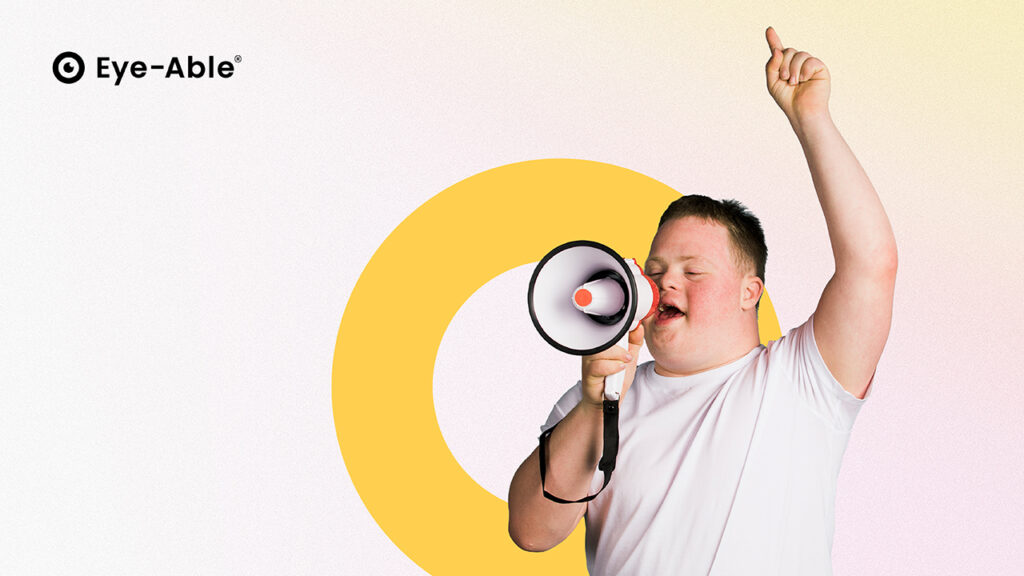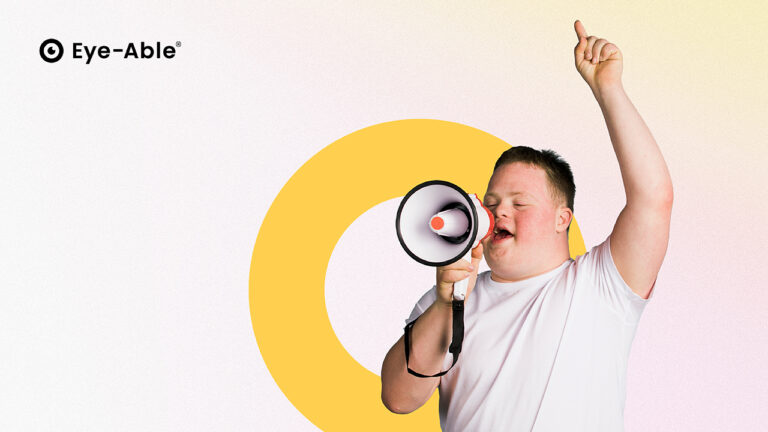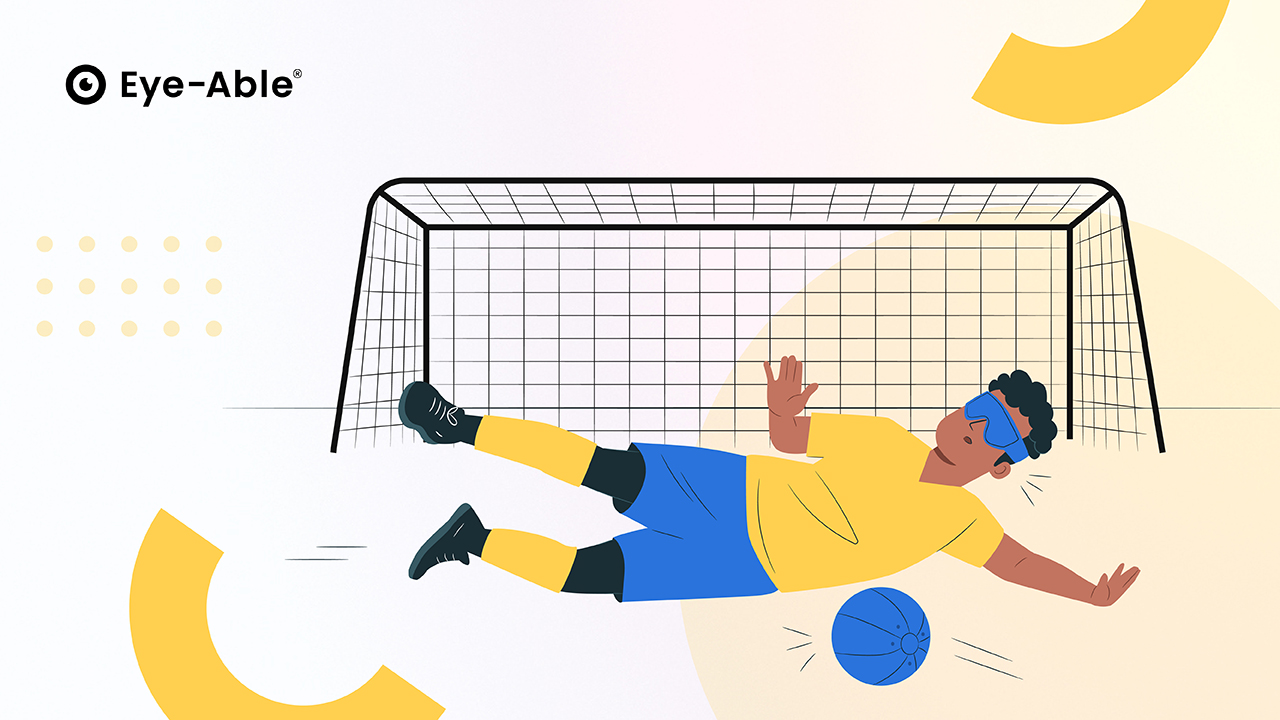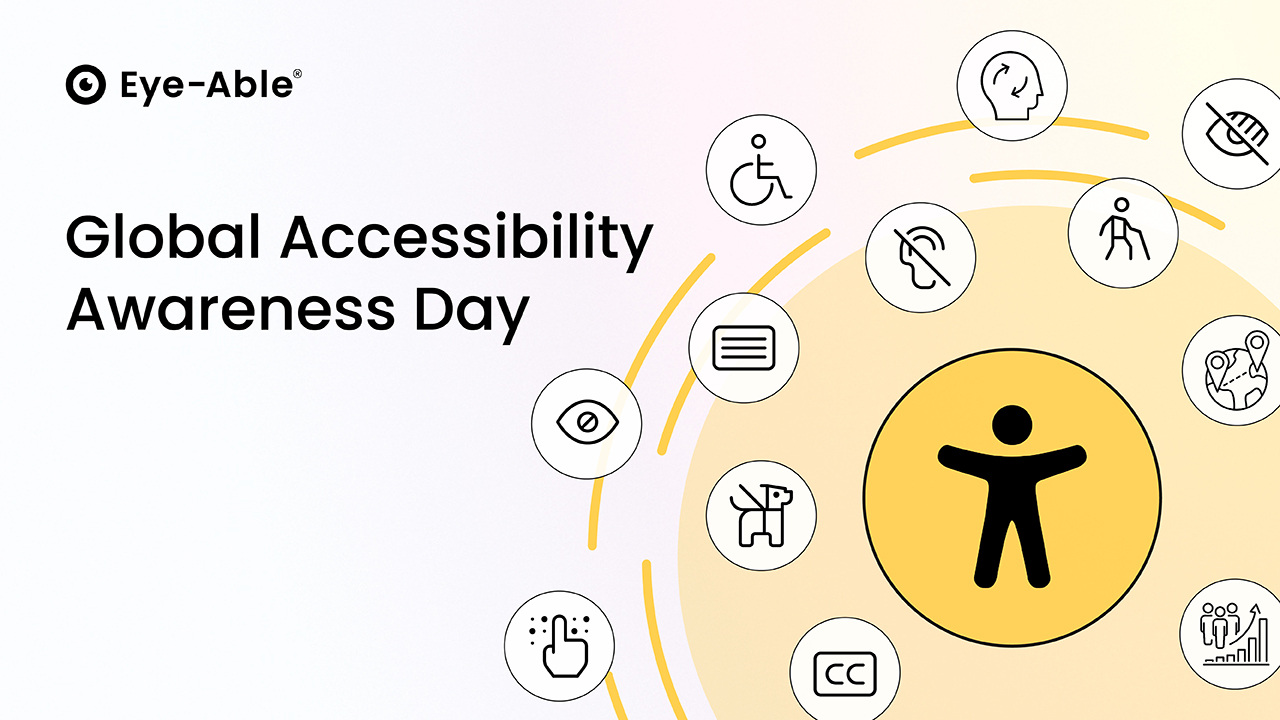People with disabilities are bearers of human rights and the state has a duty to respect, guarantee and protect the rights of people with disabilities. In this understanding, disability is seen as an enrichment of human diversity.
What is the UN Convention on the Rights of Persons with Disabilities?
The second and third state examinations: something needs to be done here
"We are different distances away from full participation and self-determination in different areas. In some areas, there are more legal regulations and political efforts, such as the accessibility of official buildings, but life doesn't just take place in offices," says Dr. Britta Schlegel, Head of the Monitoring Institute for Human Rights.
Education:
The challenges in the education sector are reflected in the lack of motivation and rejection of inclusion. "In the school sector, we can clearly see that there are really large sections of society that are either skeptical or against it because of the prevailing stereotypes about children with disabilities," says Schlegel.
Lack of self-determination:
No protection against violence:
All these shortcomings are also mentioned in the concluding observations of the committee which were published in English on 08.09.2023.






